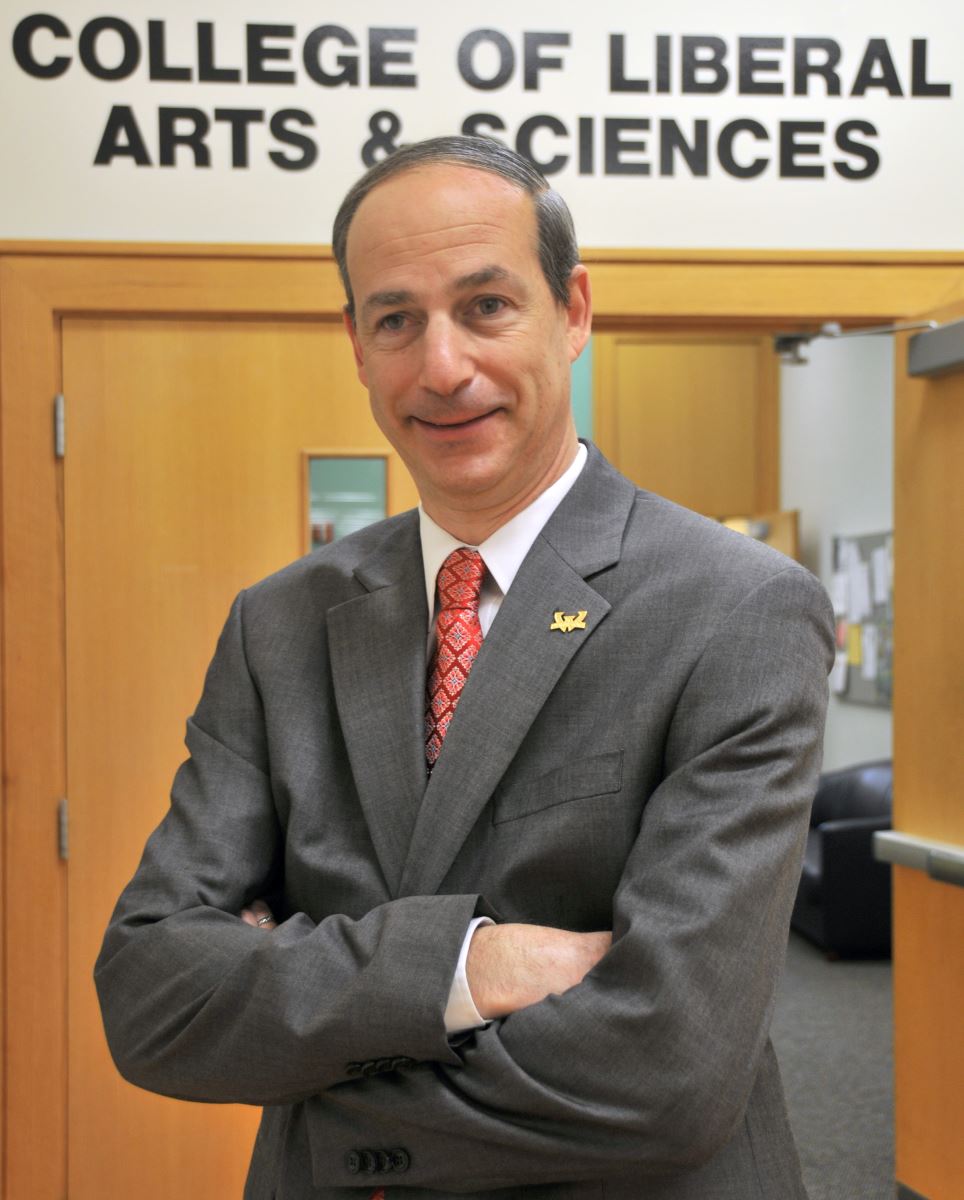The liberal arts degree needs a marketing makeover
 In the late 1970s, when I was a mathematics major at the University of Pennsylvania, many people would ask me what one could do with a math degree besides teach. Actually, there were other things you could do at that time with a math degree (e.g. actuary) and even more now (e.g. quant on Wall Street). So feel some vindication when I read frequently nowadays that we need more people trained in mathematics. So what changed?
In the late 1970s, when I was a mathematics major at the University of Pennsylvania, many people would ask me what one could do with a math degree besides teach. Actually, there were other things you could do at that time with a math degree (e.g. actuary) and even more now (e.g. quant on Wall Street). So feel some vindication when I read frequently nowadays that we need more people trained in mathematics. So what changed?
Of course, the world has changed in many respects, including the economy and its relationship with higher education. But one main factor in math's new "utility" is the way the program presents itself as a major, at least at most universities. Traditionally, math departments have sought students interested in mainly teaching or research. But in the last 15 years, they began stressing the many other interesting and, yes, lucrative things you can do with a math degree -- like working for Google, securities firms, banks, national security, etc. And as dean of liberal arts and sciences, I think the same "marketing" should be done for all liberal arts and science majors. This applies equally to the public university of access to excellence where I now serve as for the elite private university that I attended.
Opportunities have never been greater for students with bachelors' degrees. We in the liberal arts and sciences have sometimes shied away from emphasizing this, perhaps thinking that such "practical" considerations detract from the intrinsic beauty and depth of our research. But as an administrator, I know that our ability to perform research depends on having tuition-paying students who are interested in what we do.
While a degree in one of the STEM disciplines can lead to rewarding and gainful employment right out of college, study in the social sciences or humanities also leads to good opportunities. Let's take, for example, anthropology, which was the subject of criticism by Florida Governor Rick Scott, who argued that we don't need so many graduates in this field. It is probably still true that the market for people who study a particular ancient civilization may not be so big. But there is demand for, among other jobs, forensic anthropologists, museum directors, medical anthropologists and people trained in the anthropology of food.
Often, when we discuss the "value" of a bachelor's degree, we assume that students will move straight to the workforce. But liberal arts majors also provide great training for professional schools such as law, business, or medicine, and many types of graduate programs. One of the best majors for law school, for example, is philosophy. I have heard business school administrators say that they prefer MBA applicants with liberal arts degrees to those with undergraduate degrees in business.
Yes, students should read the great books, know how to write, etc, as part of their intellectual growth, and we need a broadly educated populace for citizenry more than ever. But the value of a liberal arts education goes well beyond that. The justification just needs to be updated.
Wayne M. Raskind is dean of the College of Liberal Arts and Sciences at Wayne State University.